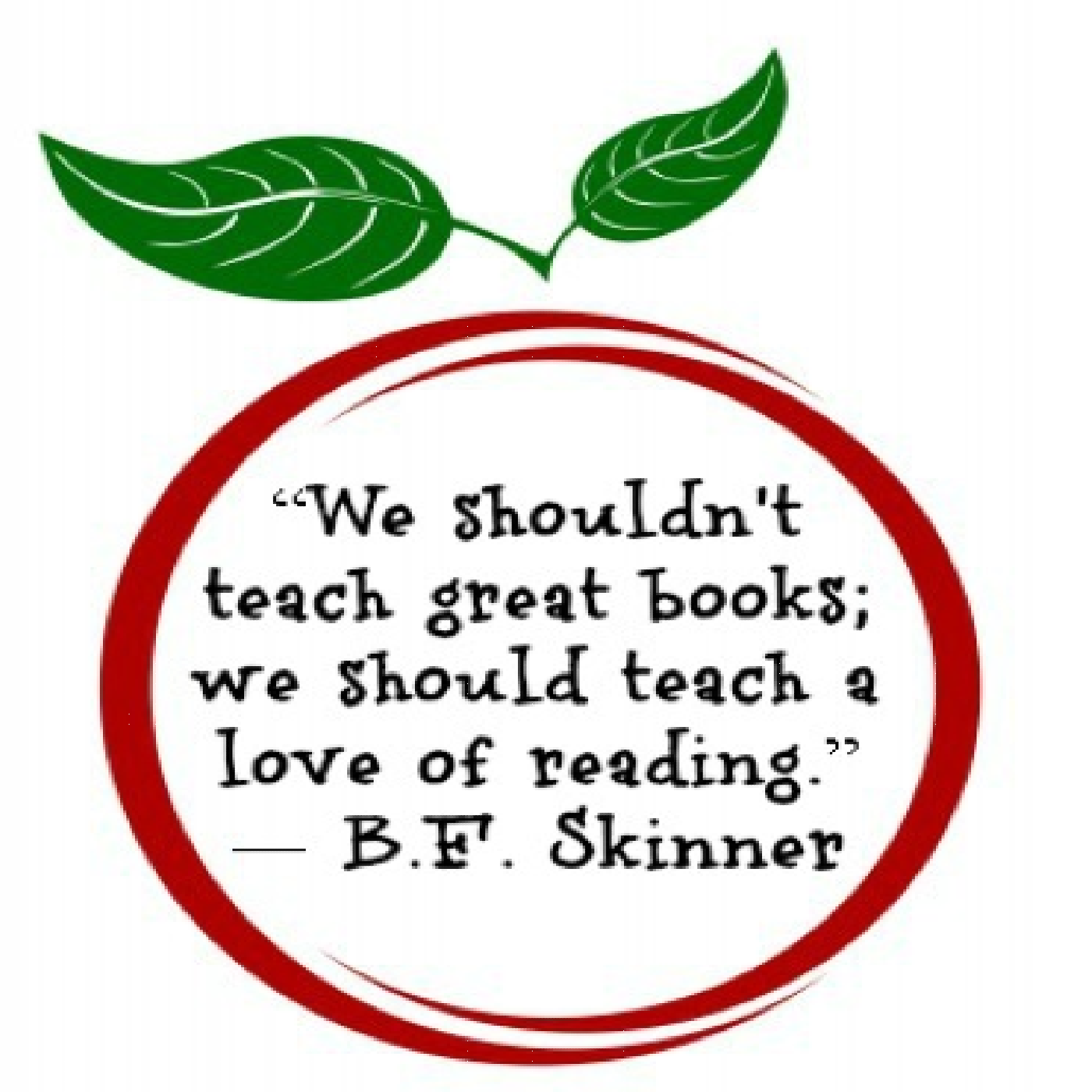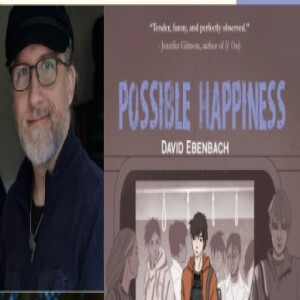
26K
Downloads
304
Episodes
The Chills at Will Podcast is a celebration of the visceral beauty of literature. This beauty will be examined through close reads of phrases and lines and passages from fiction and nonfiction that thrills the reader, so much so that he wants to read again and again to replicate that thrill. Each episode will focus on a different theme, such as "The Power of Flashback," "Understatement," "Cats in the Cradle," and "Chills at Will: Origin Story."
Episodes

Tuesday Jan 21, 2025
Tuesday Jan 21, 2025
Notes and Links to David Ebenbach’s Work
David Ebenbach writes. He’s been writing ever since he was a kid, when he kept his whole family awake by banging away on an enormous manual typewriter, and he’s never wanted to stop.
In fact, David’s now the author of ten books of fiction, poetry, and non-fiction, and his work has picked up awards along the way: the Drue Heinz Literature Prize, the Juniper Prize, the Patricia Bibby Award, and more.
Born and raised in the great city of Philadelphia, these days David does most of his writing in Washington, DC, where he lives with his family—because he uses a laptop now, he doesn’t keep them awake with his typing—and where he works at Georgetown University, promoting inclusive, student-centered teaching at the Center for New Designs in Learning and Scholarship, and teaching creative writing and literature at the Center for Jewish Civilization and creativity through the Master’s in Learning, Design, and Technology Program.
Book Review: LitPick about Possible Happiness
At about 2:15, David talks about the cool cover design for Possible Happiness
At about 3:00, David discusses a recent reading in which his students were able to hear/see his work
At about 4:00, David highlights wonderful contributions from Carol Nehez, his inspirational high school teacher
At about 5:55, David details pivotal reading and writers from his adolescence
At about 7:30, Pete and David discuss connections between his book and West Philly’s own Will Smith
At about 8:15, David responds to Pete’s questions about Philadelphia’s deep writing tradition and pivotal events in 1980s Philadelphia; he cites John Wideman and Mat Johnson
At about 11:00, David cites Ted Chang, Charles Yu as a few contemporary writers he enjoys
At about 12:25, David explains the webs involved with his books and genre and publishing
At about 13:55, David speaks about teaching informs his writing and vice versa-featuring shouts out to Asha Thanki and Kate Brody
At about 16:15, David lists some favorite texts of his classmates, including work by Jewish writers from the Global South, like Esther David and others like Nathan Englander and Robert Levy-Samuels
At about 18:40, David gives out information about buying Possible Happiness and shares how he finds joy on social media-specifically Facebook
At about 21:00, David responds to Pete’s questions about inhabiting the persona/headspace of the teens represented in Possible Happiness
At about 23:55, David gives background on Jacob, the protagonist’s, mindset and book’s exposition
At about 27:00, Pete and David discuss Jacob’s “inertia” and how depression and how the book’s common phrase of “howling like a coyote” relate
At about 28:15, David talks about the term “depression” and both capacious and maybe “limiting”
At about 29:10, David and Pete discuss Jacob’s mother’s living with depression and
At about 30:20, David reflects on the significance of a literal collective howl in the book
At about 31:55, Pete compliments David’s usage of a “moment in time,” and David cites Raymond Carver’s “Cathedral” and Miranda July’s work as examples of authors manipulating time
At about 34:40, Pete has a bone to pick over Full House’s treatment in the novel!
At about 35:10, The two discuss the awesome (in the truest sense of the word) pacing in Tobas Wolff’s “Bullet in the Brain”
At about 36:10, the machinations of the social groups at the book’s high school are discussed, as well as the “quaint” ways of home phones pre-cell phones
At about 37:55, Pete thanks David for dropping info on Philadelphia’s metro
At about 39:00, David discusses the ways in which clubs that accepted people under 21 and the culture that brought Jacob ways to release anger/angst
At about 40:00, The two discuss the pop culture references from the late 80s/early 90s featured in the book
At about 41:30, Pete details information about Jacob’s happy days and days dealing with depression and connections to his social life
At about 42:10, The religiosity of Jacob’s family and his uncle’s family are discussed, and David reflects on the ways that Jacob’s Judaism is represented
At about 44:15, The two discuss the real-life parallels between identity and race and class in the book
At about 47:00, Jacob’s trip to Chicago to meet his father and ideas of neglecting to talk about depression are discussed
At about 49:20, David responds to Pete’s question about the source(s) of Jacob’s resentment towards his father
At about 50:30, Pete compliments the subtle and nuanced ways in which David writes about depression and teen life
At about 51:35, David cites some benefits of writing about the pre-cell phone days
At about 53:00, David gives some hints about his exciting upcoming projects
You can now subscribe to the podcast on Apple Podcasts, and leave me a five-star review. You can also ask for the podcast by name using Alexa, and find the pod on Stitcher, Spotify, and on Amazon Music. Follow Pete on IG, where he is @chillsatwillpodcast, or on Twitter, where he is @chillsatwillpo1. You can watch other episodes on YouTube-watch and subscribe to The Chills at Will Podcast Channel. Please subscribe to both the YouTube Channel and the podcast while you’re checking out this episode.
Pete is very excited to have one or two podcast episodes per month featured on the website of Chicago Review of Books. The audio will be posted, along with a written interview culled from the audio. This week, his conversation with Episode 264 guest Maggie Sheffer is up on the website. A big thanks to Rachel León and Michael Welch at Chicago Review.
Sign up now for The Chills at Will Podcast Patreon: it can be found at patreon.com/chillsatwillpodcastpeterriehl
Check out the page that describes the benefits of a Patreon membership, including cool swag and bonus episodes. Thanks in advance for supporting Pete’s one-man show, his DIY podcast and his extensive reading, research, editing, and promoting to keep this independent podcast pumping out high-quality content!
This month’s Patreon bonus episode will feature an exploration of the wonderful poetry of Khalil Gibran.
I have added a $1 a month tier for “Well-Wishers” and Cheerleaders of the Show.
This is a passion project of Pete’s, a DIY operation, and he’d love for your help in promoting what he’s convinced is a unique and spirited look at an often-ignored art form.
The intro song for The Chills at Will Podcast is “Wind Down” (Instrumental Version), and the other song played on this episode was “Hoops” (Instrumental)” by Matt Weidauer, and both songs are used through ArchesAudio.com.
Please tune in for Episode 270 with Lamya H. Lamya is a queer Muslim writer and organizer living in New York City whose 2023 memoir HIJAB BUTCH BLUES won the Brooklyn Public Library Book Prize and a Stonewall Non-fiction Book Award, and was also a finalist for Lambda Literary and Publishing Triangle Awards. Lamya’s organizing work centers around creating spaces for LGBTQ+ Muslims, fighting Islamophobia, Palestine, and prison abolition.
The episode airs on February 4.

No comments yet. Be the first to say something!